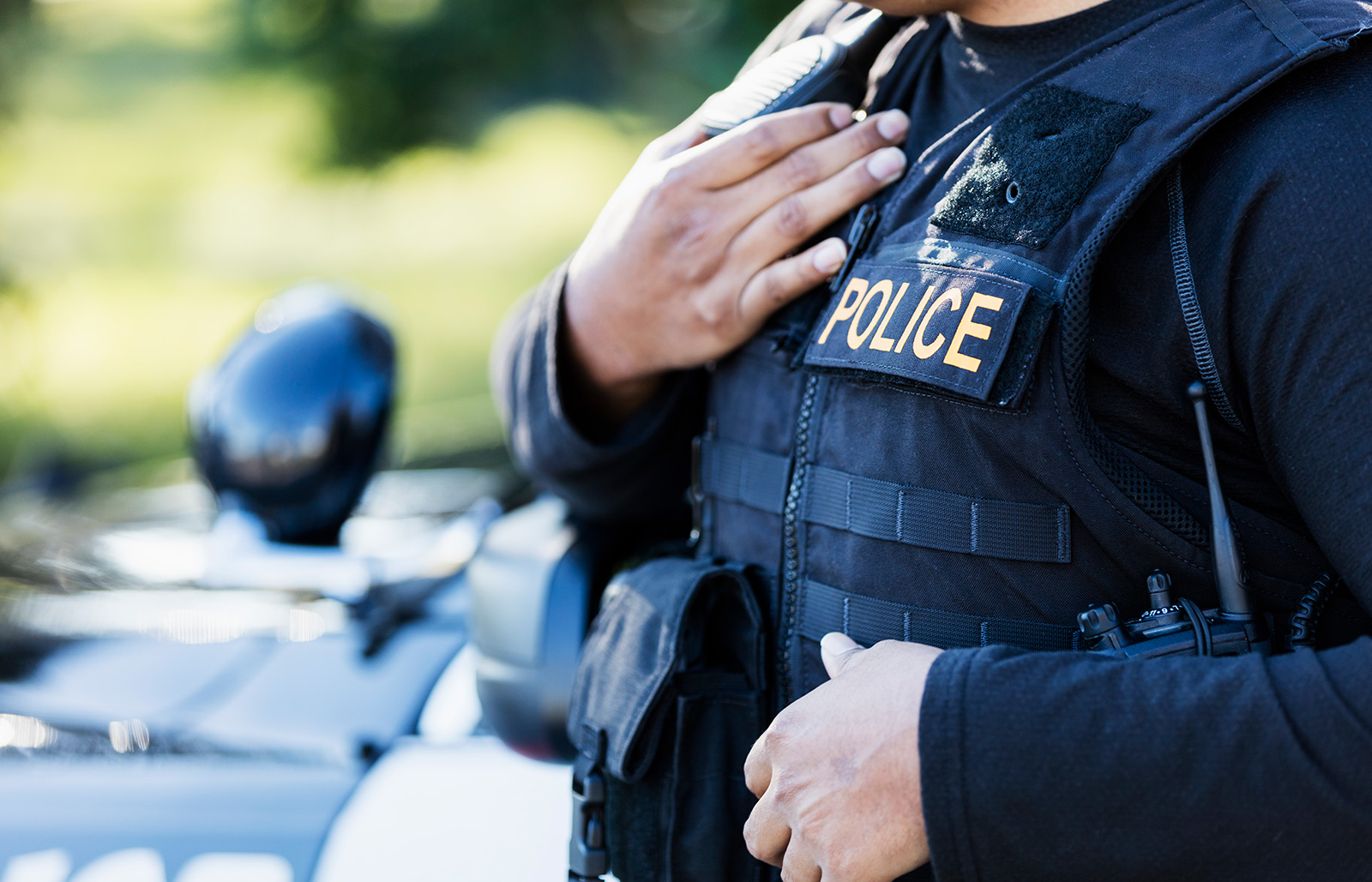Law enforcement training is a crucial component of preparing officers for the demanding and diverse challenges they may face in the line of duty. This comprehensive training equips law enforcement professionals with the necessary skills, knowledge, and mindset to effectively serve and protect their communities. Let’s delve into the ways in which law enforcement training prepares officers for their vital role in maintaining public safety.
Importance of Law Enforcement Training:
Law enforcement training is essential for instilling foundational principles of law, ethics, and professionalism in aspiring officers. Through rigorous coursework, practical exercises, and scenario-based simulations, trainees learn about legal procedures, constitutional rights, and the ethical considerations inherent in law enforcement. This foundational knowledge forms the bedrock of their approach to policing.
Physical Fitness and Defensive Tactics:
Physical fitness is paramount for law enforcement officers as their duties often require them to respond swiftly and decisively to various situations. Law enforcement training programs include physical conditioning regimens tailored to enhance officers’ strength, agility, and endurance. Additionally, defensive tactics training teaches officers techniques to protect themselves and others while minimizing the use of force.
Firearms Training and Use of Force:
Law enforcement officers undergo extensive firearms training to ensure they can safely and proficiently handle firearms when necessary. This training emphasizes marksmanship, weapon retention, and de-escalation tactics to minimize the need for lethal force. Moreover, officers are trained in the principles of the use of force continuum, which guides their response to escalating threats while prioritizing the preservation of life.
Community Policing and Conflict Resolution:
Law enforcement training emphasizes the importance of community engagement and relationship-building as integral aspects of modern policing. Officers learn strategies for fostering positive interactions with community members, resolving conflicts peacefully, and addressing underlying social issues that contribute to crime. Community policing principles underscore the value of collaboration and partnership between law enforcement agencies and the communities they serve.
Crisis Intervention and De-escalation:
In addition to physical skills, law enforcement training equips officers with crucial crisis intervention and de-escalation techniques. Officers learn to assess situations quickly, communicate effectively, and employ non-lethal tactics to defuse tense encounters. Through scenario-based training scenarios, trainees develop the critical thinking and decision-making abilities necessary to navigate high-stress situations with professionalism and empathy.
Weapons training
Recruits will learn to use non-lethal tools like TASERs, OC spray and collapsible batons and learn how they should be the first choice when encountering an unwilling or combative individual. Recruits also learn about firearms. Even if you’ve shot guns before, you’ll learn something new through weapons training. Just because you’ve deemed yourself proficient in firearms doesn’t mean you haven’t picked up some bad habits along the way. It’s crucial to go into this training with an open mind. Otherwise, it could hamper your training at the police academy. For those who have never shot a firearm, you’ll learn basic skills like removing the weapon from the holster, aiming and firing. You’ll also learn how to respond to multiple attackers.
Mental toughness
While all topics covered at the academy are important, one critical component of law enforcement is mental preparation. That’s because you’ll be entering potentially dangerous situations starting on day one. The academy will emphasize the good of the group over the needs of the individual. You’ll also learn to deal with hostility, understand risk assessment and practice with role-playing exercises
Conclusion:
Law enforcement training plays a vital role in preparing officers for the multifaceted challenges they may encounter during their careers. By providing a comprehensive education in legal principles, physical fitness, community engagement, and crisis intervention, training programs ensure that officers are equipped to uphold public safety while adhering to the highest standards of professionalism and integrity. Investing in robust law enforcement training is essential for building a skilled and resilient police force that can effectively serve and protect communities.

